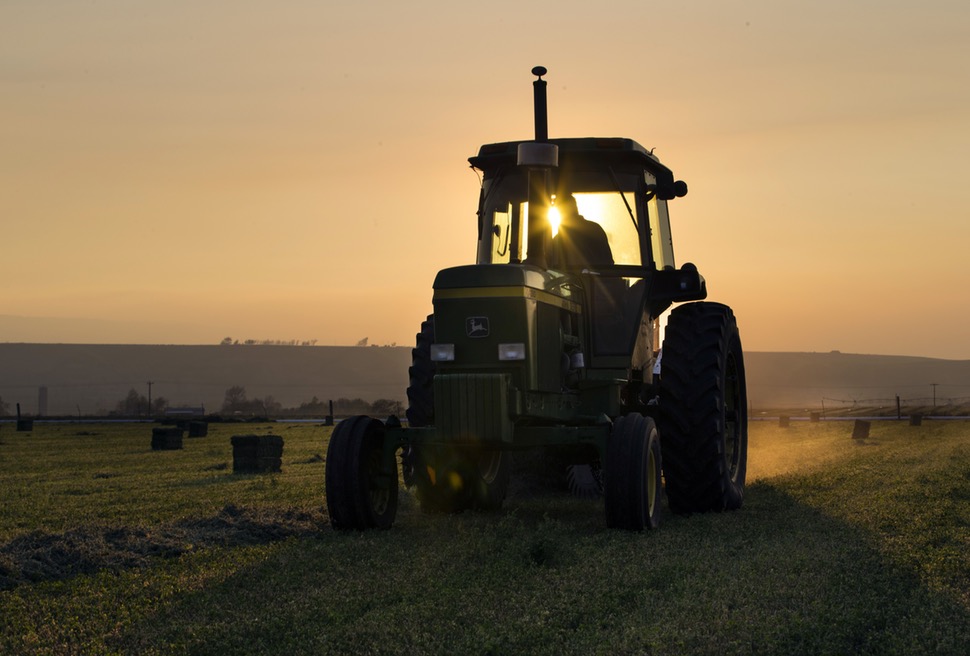Is it worth it to be a farmer in Washington?

It was one of those agricultural policy discussions that morphed into a listing of the burdens farmers face. The heavy weight of regulations, business costs, lawsuits, taxes, and bureaucratic overreach make it difficult for our Washington farmers to farm. One dairy farmer summed it up, “I have to ask myself each morning: Is it worth it to be a dairy farmer in Washington?”
Consensus flooded the room. It was an excellent point.
Dealing with agricultural policy can be frustrating. Watching the care Washington farmers have for their farms only to be faced with a lawsuit or regulation that creates more paperwork for no benefit is demoralizing. I can only imagine the heartbreak Washington farmers face when they consider giving up their farm, their dreams, and often their family’s legacy in rural communities.
Policy makers and special interest groups seem to believe farmers are a captive audience. One more penny, they say, in costs due to regulation or a dollar per hour more will not really hurt the bottom line of these farms and supporting industry.
Farmers live on the margin. Farm families often go years between paying off operating loans which finance the planting of crops. This does not include loans for land or equipment. This long-term debt often takes a lifetime to repay.
When states expand regulations, increase business taxes and the minimum wage, it changes the rules for farmers who have loans they justified on a different set of economic projections.
Often, rulemaking becomes so complicated that agency bureaucrats are enforcing laws they don’t understand. For farmers, especially small farmers, it makes it increasingly difficult to be a farmer in that state.
There are other options.
Stories of farmers selling out and moving to another state are rampant. California saw the exodus of many dairies to states with fewer regulations. Washington has already lost farms and ag industry to friendlier areas of the state, other states, and countries. Then there is the heartbreaking end of many legacies, as farmers too tired to fight against bureaucracy and special interest groups decide to sell. In 2016, the United States lost 8,000 farms, mostly from consolidation as farmers attempted to spread out increasing costs.
Farmers in Nyssa, Oregon are faced with a similar situation and they are choosing to move a few miles East into Idaho. My husband is from this town and I know some of the farmers faced with this decision. Nyssa is their home and many of these farms have been in the family for multiple generations and continue to be a family operation.
Faced with significant losses from a winter with unprecedented snow that collapsed packing sheds and storage facilities, at least two businesses are moving to Idaho. With increasing regulatory burdens, challenges in expanding operations, and a higher minimum wage, it makes more sense to move.
Washington wasn’t considered. We have similar problems to Oregon: a higher minimum wage, growth restrictions, business and occupation taxes, and an increasing regulatory burden. Threats of more taxes, the push for regulation, and cumbersome red tape from the Department of Ecology have made Washington less than favorable for farms and the supporting industry.
In Washington state, new taxes affecting agriculture, continued water access limitations because of the unresolved issues from Hirst, and further labor challenges will only burden agriculture further. As Washington’s special legislative session begins anew, we should ask, “Is it worth it to be a farmer in Washington?” Hopefully, our policy makers will ensure that the answer will once-again be a resounding “Yes!”





